This is similar or identical to csv writer not closing file but I'm not 100% sure why my behaviour is different.
def LoadCSV:
with open('test.csv', 'r') as csvfile:
targetReader = csv.reader(csvfile, delimiter=',')
for row in targetReader:
...
then finally in the function
csvfile.close()
This opens the test.csv file in the same direction as the script. Desired behaviour is for when the script has done what it's doing to the rows in the function, it renames the sheet to test.[timestamp] to archive it and watches the directory for a new sheet to arrive.
Later down the code;
os.rename('test.csv', "test." + time.strftime("%x") )
Gives an error that the file can't be renamed because a process is still using it. How do I close this file once I'm done? csvfile.close() doesn't raise an exception, and if I step through my code in interactive mode I can see that csvfile is a "closed file object." What even is that? Surely an open file is an object but a closed one isn't, how do I make my code forget this even exists so I can then do IO on the file?


